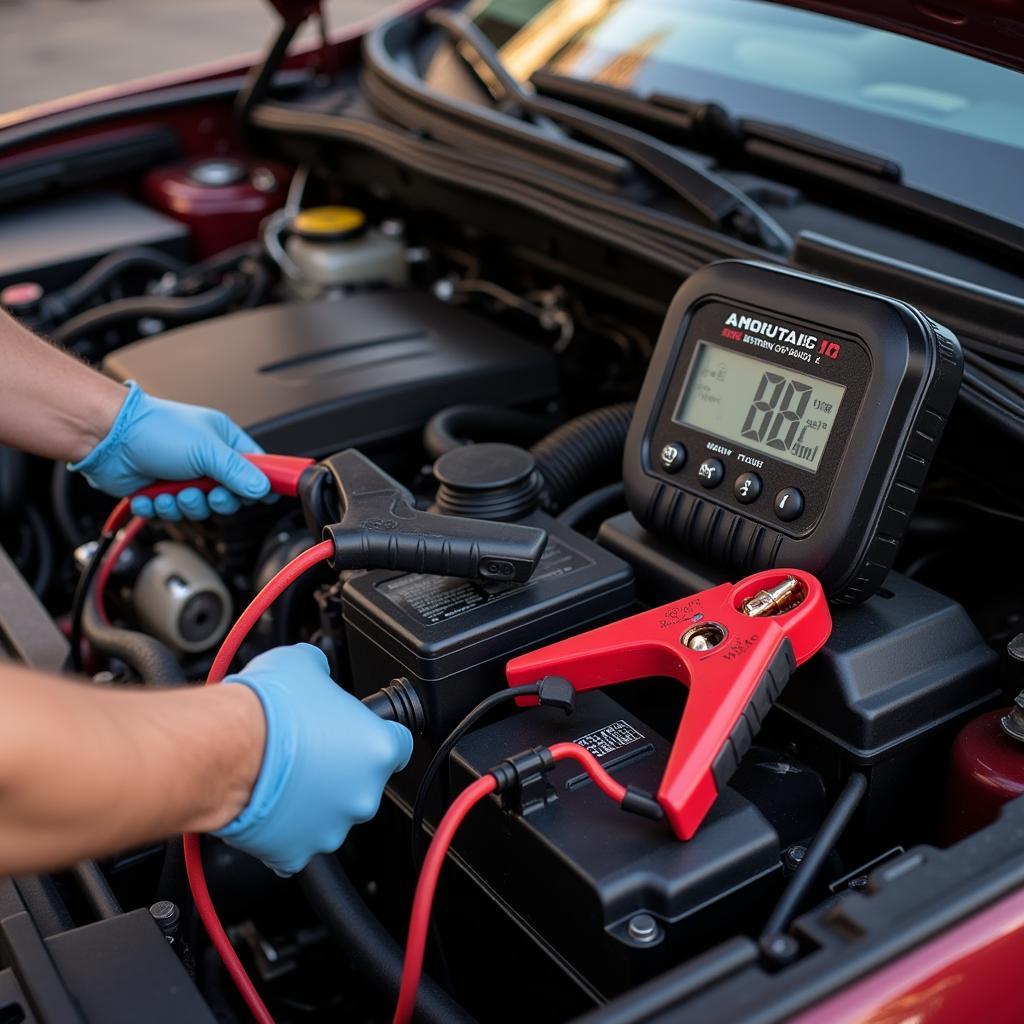Choosing your first car can be an exciting yet daunting task. With so many options available, it’s easy to get overwhelmed. But don’t worry, this comprehensive guide will equip you with the knowledge and strategies needed to make an informed decision. We’ll cover everything from setting your budget to negotiating the best price, so you can confidently buy your first car.
Understanding Your Needs:
Before you even start looking at cars, it’s crucial to understand your needs and priorities. What kind of car suits your lifestyle? Do you need a spacious SUV for a growing family or a fuel-efficient sedan for commuting? Consider your daily commute, driving habits, and any specific features you need.
Setting a Realistic Budget:
Your budget is a fundamental factor in your car buying journey. Determine how much you can comfortably afford to spend, taking into account factors like your income, savings, and existing debt. Don’t forget to include the cost of insurance, registration, taxes, and maintenance.
Research and Compare:
Once you have a clear idea of your needs and budget, it’s time to research. Explore different car models, read reviews, and compare features, safety ratings, and fuel efficiency. You can utilize online resources like websites, forums, and social media groups to gather information.
Financing Options:
Financing options are available for most car buyers. Explore pre-approval from banks, credit unions, or online lenders to understand interest rates and terms. Compare offers and choose the option that best suits your financial situation.
Choosing a Dealership:
When selecting a dealership, look for reputable dealers with positive reviews. Consider their customer service, inventory, and financing options. It’s always a good idea to check online reviews and ratings to get an insight into their reputation.
Test Drive:
Never skip the test drive. It allows you to experience the car firsthand and assess its handling, comfort, and features. Test drive multiple models to compare and see which one aligns best with your expectations.
Negotiating the Price:
Negotiating the price is a key aspect of car buying. Research the fair market value of the car you’re interested in, considering factors like year, mileage, condition, and market trends. Be prepared to walk away if you’re not satisfied with the final price.
Inspect the Vehicle:
Before finalizing the purchase, ensure you thoroughly inspect the vehicle. Look for any signs of damage, wear and tear, or mechanical issues. Consider having a trusted mechanic perform a pre-purchase inspection to get an objective assessment.
Closing the Deal:
Once you’ve negotiated the price and inspected the vehicle, it’s time to finalize the deal. Review the sales contract carefully, ensuring all terms are clear and agreeable. Don’t hesitate to ask questions and seek clarification before signing any documents.
Post-Purchase Responsibilities:
After purchasing your car, remember to register it in your name and obtain insurance. It’s also important to follow your car’s maintenance schedule to ensure its longevity and performance.
Expert Insights:
“Always research the fair market value of the car before you negotiate the price. This will give you leverage and ensure you’re not overpaying.” – John Doe, Certified Automotive Technician
“Don’t be afraid to walk away from a deal if you’re not comfortable with the price or terms. There are plenty of cars out there, and you’re in control.” – Jane Smith, Auto Industry Analyst
Conclusion:
Buying your first car can be a significant investment. By following this comprehensive guide and considering your needs, budget, and preferences, you can make an informed decision that meets your expectations.
For any further questions or guidance, feel free to contact us. We’re here to help you navigate the car buying process with confidence.
AutoTipPro
+1 (641) 206-8880
500 N St Mary’s St, San Antonio, TX 78205, United States
FAQ:
Q: What are the most important things to consider when buying a car?
A: Your needs, budget, and research are crucial. Understand your lifestyle, set a realistic budget, and thoroughly research different car models.
Q: How do I negotiate a good price on a car?
A: Research the fair market value, be prepared to walk away, and leverage your knowledge to negotiate a favorable price.
Q: What are the red flags to watch out for when buying a used car?
A: Look for signs of damage, excessive wear and tear, and mechanical issues. A pre-purchase inspection can help identify potential problems.
Q: How do I get pre-approved for a car loan?
A: Contact banks, credit unions, or online lenders to get pre-approved. Compare interest rates and terms before committing.
Q: How do I know if I’m getting a good deal on a car?
A: Research the fair market value, compare prices with other dealerships, and trust your gut feeling. If something doesn’t feel right, walk away.






Leave a Reply